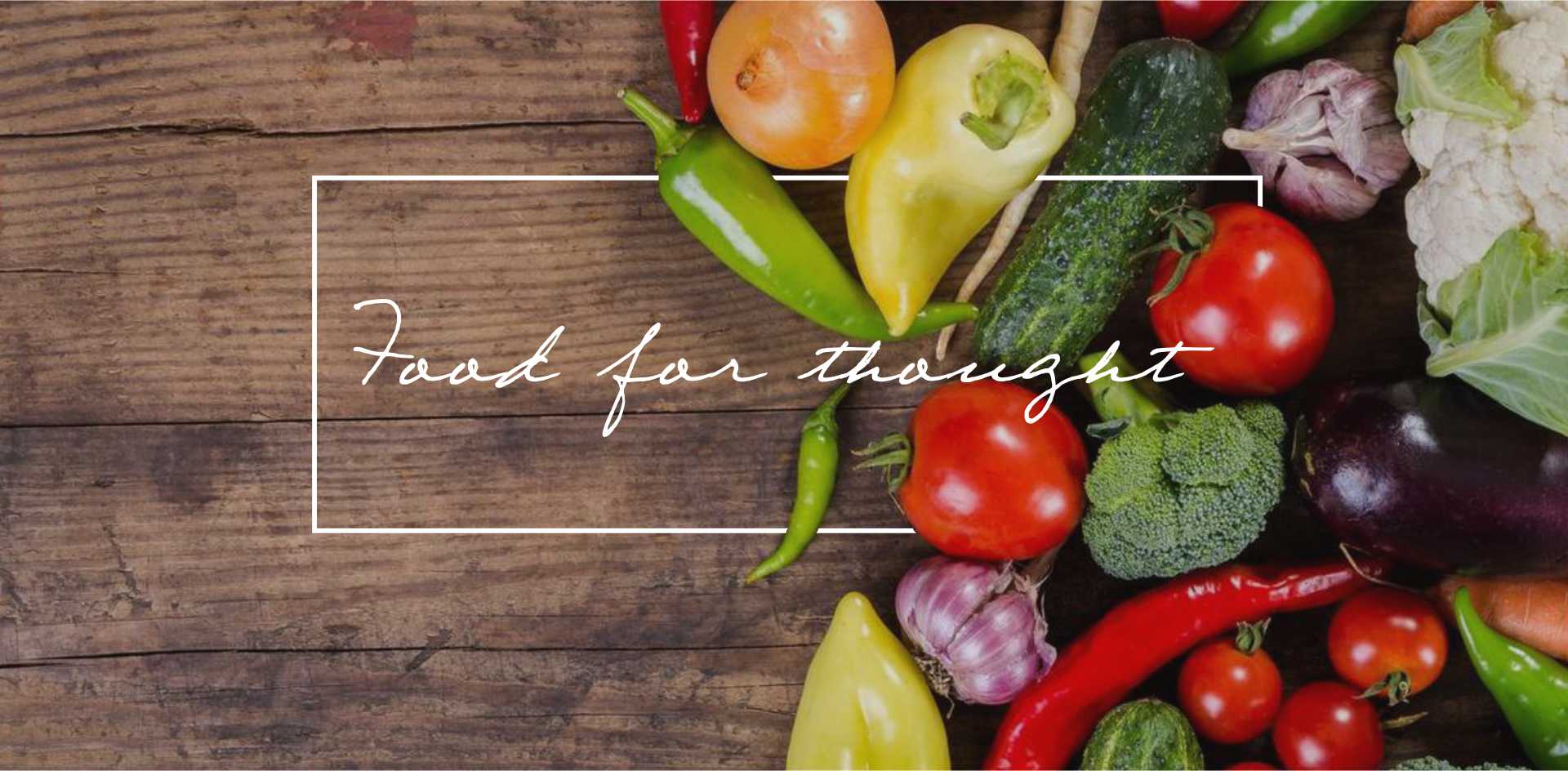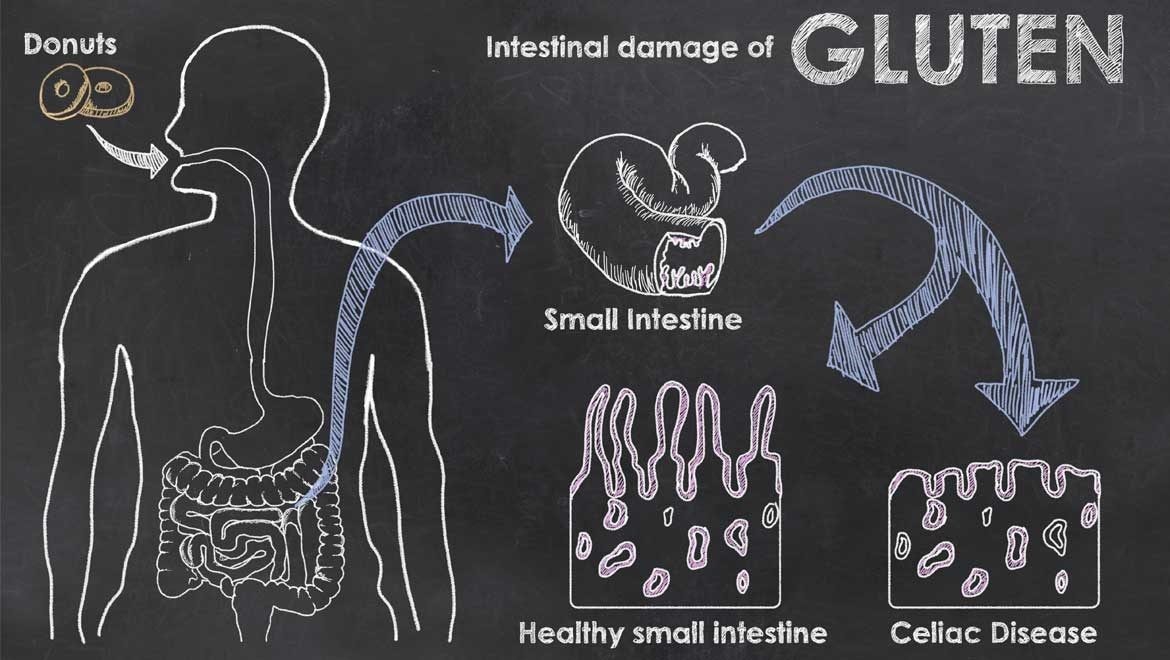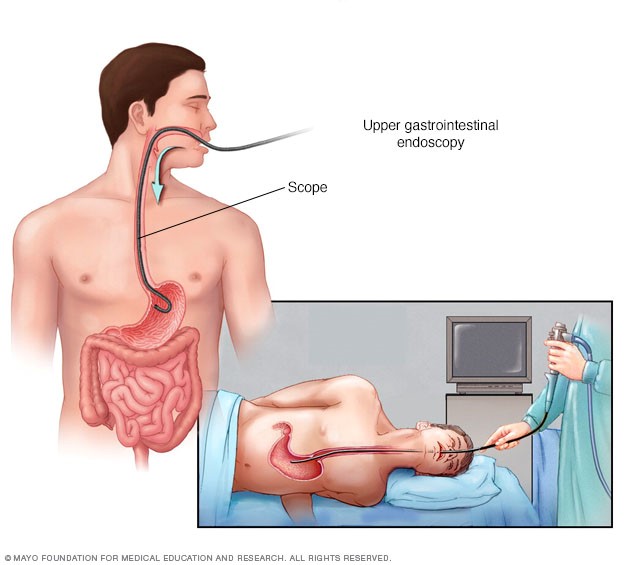
What is Celiac Disease?
It is a disease in which the small intestine is hypersensitive to gluten, leading to difficulty in digesting food. This is a rare and chronic disease. Please note that this is not the same as having gluten intolerance.
The immune reaction you get from eating gluten creates inflammation that damages the small intestine, this can lead to malabsorption causing various symptoms.
The immune reaction you get from eating gluten creates inflammation that damages the small intestine, this can lead to malabsorption causing various symptoms.

Signs and symptoms
- Chronic diarrhoea
- Bloating
- Excess of gas production
- Fatigue
- Unexplained weight loss
- Iron deficiency anaemia
- Constipation
How is Celiac Disease diagnosed?
Blood test:
Serology testing looks for antibodies in your blood. Elevated levels of certain antibody proteins indicate an immune reaction to gluten.
Genetic testing for human leukocyte antigens (HLA-DQ2 and HLA-DQ8) can be used to rule out Celiac Disease.
Nutrition treatment for Celiac Disease:
A gluten-free diet is the only way to manage Celiac Disease.
Food that contain Gluten:
- Wheat
- Barley
- Bulgur
- Durum
- Farina
- Graham flour
- Malt
- Rye
- Semolina
- Spelt (a form of wheat)
- Triticale
It's important to be tested for Celiac Disease before trying a gluten-free diet. Eliminating gluten from your diet might make the results of blood tests appear normal thus leading to false negative results.
After the blood test your Doctor may also request an Endoscopy.

Healthy Gluten-free Diet
A dietitian can help you plan a healthy gluten-free diet, teach you how to read food labels (many food options contain hidden sources of gluten) and manage your symptoms.


